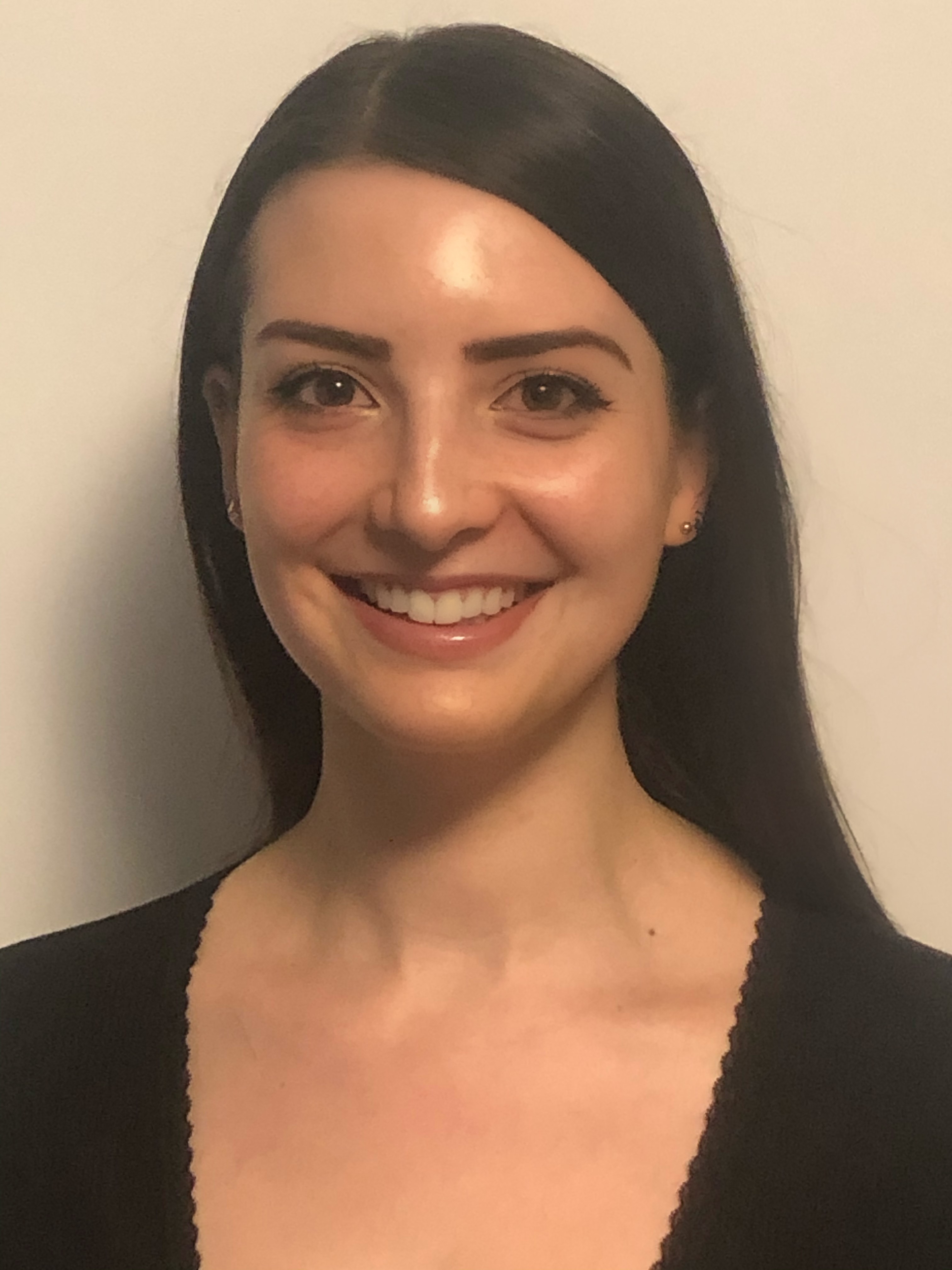Student undergoes unexpected transformation during time at stuttering institute
Kate Dawson - 22 October 2020

“I chose a placement at ISTAR because I wanted to be able to assist individuals with fluency disorders and advocate for them throughout my career."
While searching for volunteer opportunities during her undergraduate degree, Spenser Day (née Halfyard) discovered the Institute for Stuttering Treatment and Research (ISTAR) at her first Organization of Alberta Students in Speech (OASIS) conference. Time spent at ISTAR ignited Day’s passion for fluency disorders and inspired her to seek out additional opportunities with the organization.
One such opportunity turned out to be a position as ISTAR’s summer student research assistant. In June, while completing her second year of a Master of Science in Speech-Language Pathology in the Faculty of Rehabilitation Medicine at the University of Alberta, Day took what she learned as a volunteer and applied it to a clinical setting during a four-week practicum.
“I chose a placement at ISTAR because I wanted to be able to assist individuals with fluency disorders and advocate for them throughout my career,” she explained.
Day is passionate about strengthening the confidence and autonomy of clients. She deliberately puts herself in the shoes of ISTAR clients by imagining what treatment is like from their point of view. In doing so, she was also inspired to take what she had witnessed in the clients at the clinic and direct it towards herself.
“Through my past experience with ISTAR, I was able to witness the significant transformation that the clients and the student clinicians experienced through the summer intensive programs. I also wanted that experience for myself.”
In terms of what the future holds, Day envisions herself working as an advocate or researcher for family-centred care. She plans to incorporate as many supportive people as possible into the clinical practice for each of her clients.
Following her experiences as a volunteer, research assistant and practicum student, Day is thankful for the role ISTAR played in shaping her interests and career goals.
“ISTAR has been a huge component of my personal and professional growth as a future speech-language pathologist. Working with the clinicians and clients at ISTAR has time and time again reaffirmed my decision to enter the field of speech-language pathology,” she said.
“I am so thankful for the opportunities I have been given through ISTAR, and I strongly encourage students interested in or on the path to becoming future speech-language pathologists to inquire about volunteering or completing a placement with the organization. The ISTAR clinicians have become important mentors and examples of the type of clinician I want to be, and the clients have inspired me to stay focused, work hard and be compassionate.”